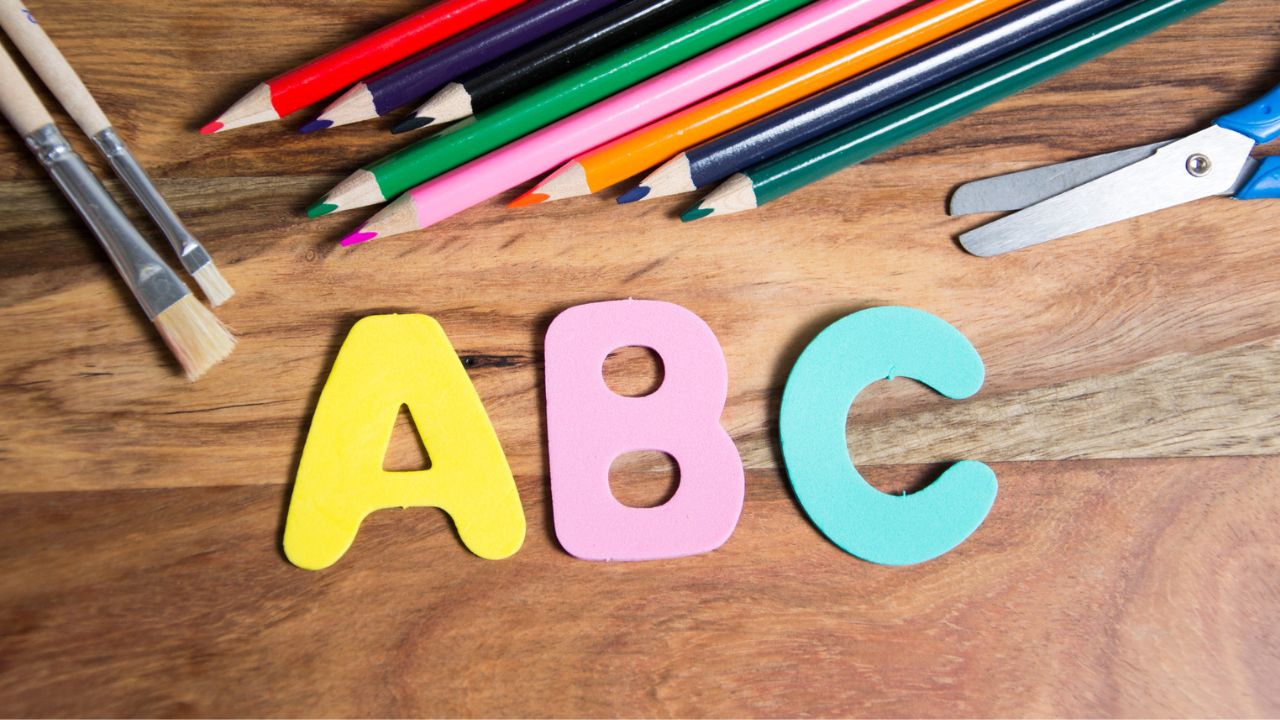The school year often gets off to a good start, with plans and expectations in place early on. As the year moves forward, challenges arise, often leading to complications related to time management, poor communication, or simple distraction. Yet, there are a few simple things that parents can do to stay on track to ensure the year goes well.
Glennis Perez, an expert in the area, shares some tips and strategies that can help parents ensure long-term success throughout the year.
Make Meetings a Priority
The best way to ensure a successful school year is to ensure good communication remains in place with your child’s teacher throughout the year. There’s often an initial parent-teacher conference or meeting to set targets and goals. If there is not one in place each quarter, establish it. This type of communication is critical not just to report behavioral problems but also to ensure your child is taking full advantage of the programs available to them.
Participate in Homework and Projects
“The most successful students are those that have parents who are actively involved in as many aspects of the child’s schooling as possible, including projects, homework assignments, and day-to-day learning. Participate in your child’s education as much as possible to ensure they realize the importance of their education to you,” shares Glennis Perez.
It’s always a good idea to do more than just ask if they have homework. Ask what the homework is, work on research together for it, tackle challenges as a team, and communicate with them about what happened during the school day. When you place value in what they are doing throughout the school day, they see the importance of it.
Keep Your Child Ready at the Start of Each Day
Forgotten supplies, missing projects, and a hungry belly make for a confusing and long day. To ensure your child is set up for success, consider these tips:
- Create a routine for breakfast that involves nutritious food. Those nutrients will fuel their learning for the day.
- Keep a centered location for their school supplies. Be sure it’s ready to go the night before.
- Keep the morning routine as simple as possible, but do include conversation, positive messages, and a promising smile – you want your child to start the day with a positive outlook.
- Make sure you’re ready for the day yourself, so you are not rushing in the morning. That only delays them and pushes them to the next level of frustration.
- When challenges happen, be clear about what your priorities are in getting your child to school ready for the day.
When you put your time into organizing your child’s day, there’s more time for conversations and communications. Starting the day rushed and overwhelmed can be challenging in every situation.
Invest in Tutoring Before There’s a Problem
Today’s teachers are overworked and may even have limited time and access to resources to provide a high-quality education to every student based on that student’s individual needs. You need to be the advocate for your child.
A good starting point is by learning what your child is struggling with on a routine basis. Are math concepts challenging? Perhaps they are struggling to learn to read efficiently or effectively. Don’t assume this will get better over time or that the teacher will be able to spot the concerns and offer solutions. Even the very best teachers need parental support here.
Find a way to supplement your child’s education in areas they are struggling with, such as through online learning programs (some of them are free to use) as well as in-person tutors. As topics become more challenging, this is likely to be more of a critical investment for your child.
The other side of this is providing your child with supplemental education in the things they love. If your child is a science whiz, encourage that through science clubs and programs that go above and beyond.
Keep Your Child Engaged
Sure, after six to seven hours of education, a child wants to come home and play some video games, but the learning doesn’t just stop at 3:00 each day. Keep your child engaged in as many beneficial and positive programs as necessary. Children in sports tend to grow up with healthier body weight and better overall physical skills. Kids that are in clubs and programs develop stronger passions for things that interest them and make friends more readily. It’s easy to say, “I don’t have time,” or “I don’t have transportation.” Yet, finding a way means providing a better quality of education for your child.
The more engaged you are as a parent, the more successful your child will be. Glennis Perez recommends paying close attention to your children to spot areas of concern sooner during the school year.































